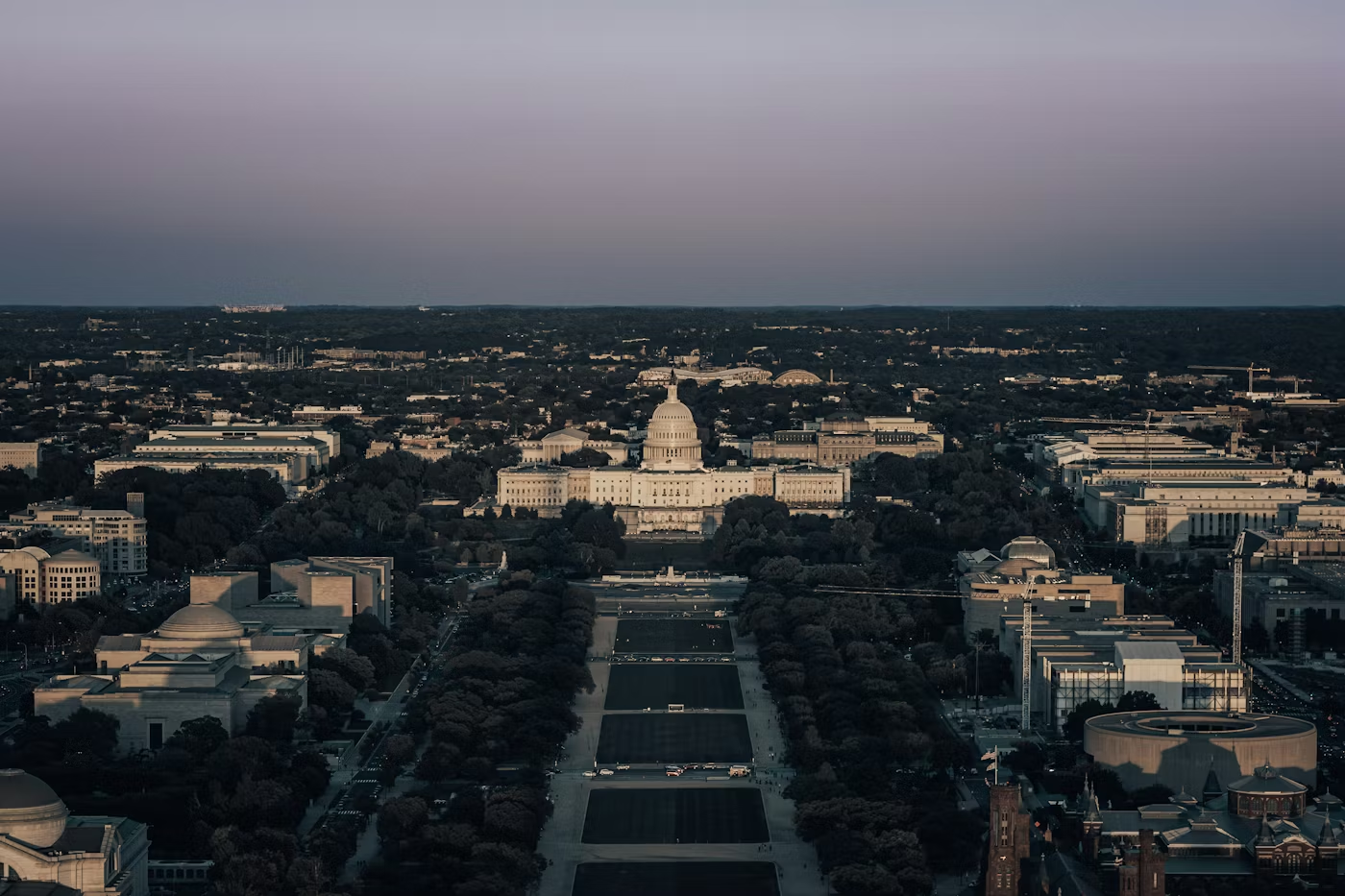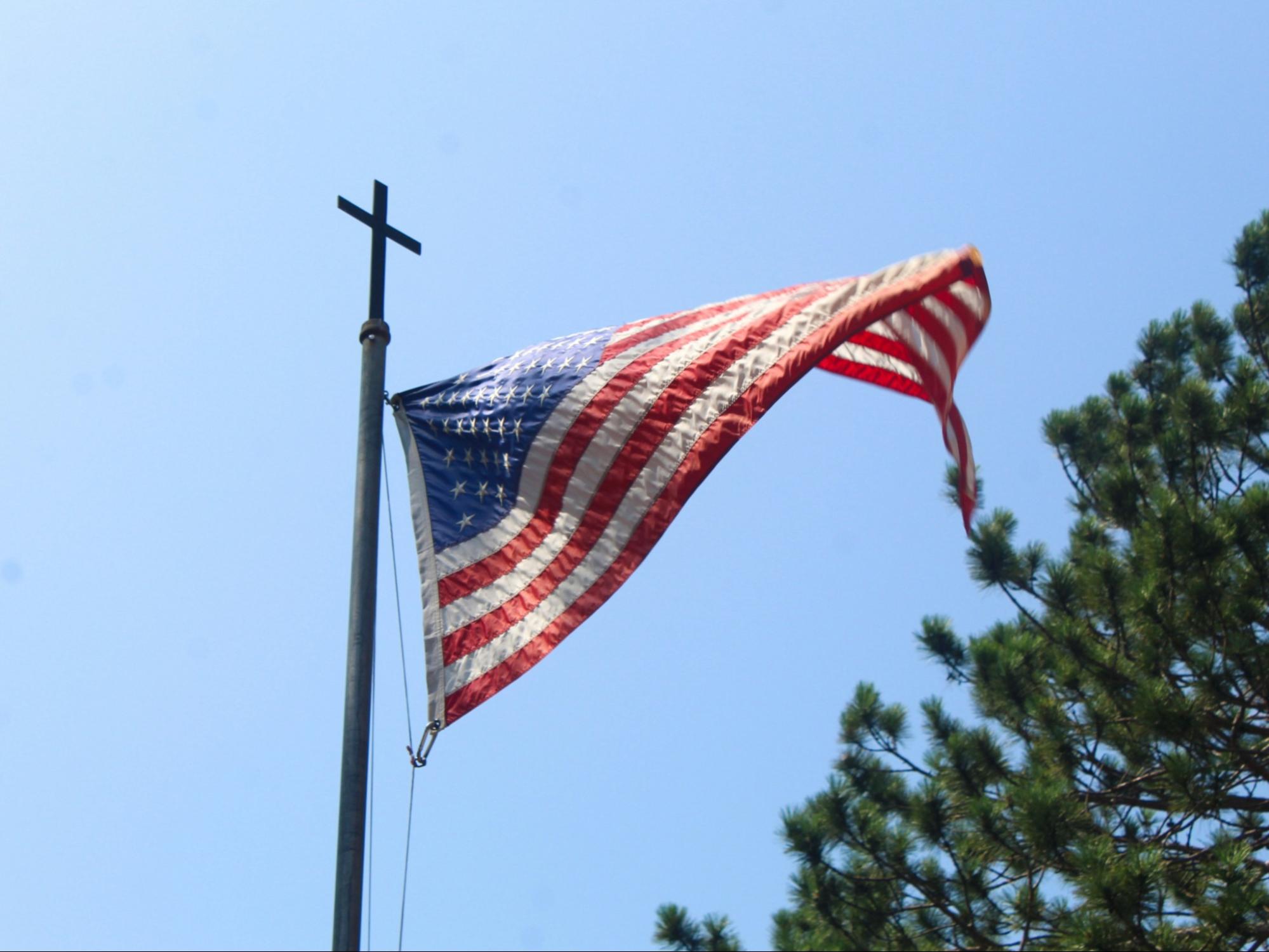Advocacy
Project 2025 Threatens Religious Freedom
Project 2025, a sweeping policy agenda created by the Heritage Foundation, lays out a bold vision for restructuring the federal government. While the plan addresses a range of issues, its theocratic underpinnings pose serious risks to the principles of religious freedom in the United States. If it were to be enacted, the policies outlined in Project 2025 would undermine healthy boundaries between church and state.
One alarming aspect of Project 2025 is its emphasis on promoting more government funding being directed to religious institutions, while decreasing the oversight on such organizations. Project 2025 prioritizes faith-based programs in areas like family planning and foster care, and allows public school employees to act on their religious convictions, even when those actions conflict with student rights. During the Trump administration, there was an inter-agency effort to expand religious exemptions to gut civil rights protections and codify discrimination against people of minority faiths, women, and LGBTQ people. Project 2025 would take these efforts even further.
I started raising alarms about Project 2025 in September 2023, when I wrote the following for my MSNBC column:
“Roger Severino’s chapter on the Department of Health and Human Services urges the next conservative president to ‘maintain a biblically based, social science–reinforced definition of marriage and family.’ Severino is concerned that federal programs will be subjected to ‘nonreligious definitions of marriage and family as put forward by the recently enacted Respect for Marriage Act.’
The Respect for Marriage Act, passed last year by Congress with strong bipartisan support, requires the federal government and states to recognize same-sex and interracial marriages. The law is not religious or nonreligious; it is a constitutionally enacted law of the United States.
Project 2025 appears to call on the next Republican president to draw distinctions between parts of the law as ‘religious’ and ‘nonreligious.’ The Bible is not a higher authority than laws passed by Congress, and far-right groups do not have to like American laws to respect that those laws are not overruled by their personal interpretation of the Bible.
You can read my full MSNBC column here.
Project 2025 falsely suggests that religious liberty is the freedom for religious organizations to impose their beliefs on others, while disregarding the rights of diverse Americans. The result would be a government that prioritizes one faith over others. As we continue to advocate for true religious freedom—freedom that respects all beliefs and upholds equality—we must be vigilant in opposing efforts like Project 2025 that seek to dismantle the foundational principle of church-state separation.
To learn more about Project 2025, please join us for a webinar on October 21.
Transcript

Interfaith Alliance Calls on DOJ to Prosecute ICE Cruelty
Interfaith Alliance joined over forty civil-rights groups in urging the DOJ’s Civil Rights Division to independently investigate recent federal shootings of civilians by immigration agents, and shortly after DOJ announced a civil-rights probe into the Minneapolis killing of Alex Pretti by federal officers

The Trump Administration’s Latest Attacks on Immigrants Threaten Religious Freedom
A Texas Episcopal priest’s detention by ICE is a concerning development in the midst of the Trump administration's attack on religious freedom. It shows how unchecked enforcement threatens our faith communities and furthers an already eroding public trust.


